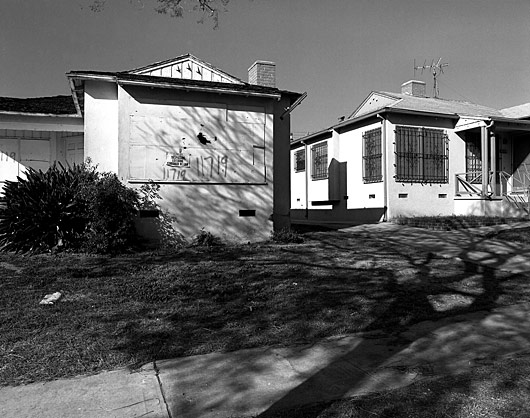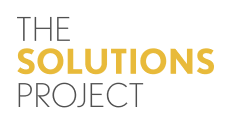Poverty is Rising… So Should Our Taxes.
Here’s a staggering statistic: According to a report released last fall by the Southern Education Foundation, nearly half of students in the U.S. public school system can now be described as low income, based on data collected in 2010-2011. And it’s only getting worse. The ranks of America’s poor are on track to climb to levels unseen since the 1960s amid a weak economy and a fraying safety net.
The numbers are no different in Los Angeles, despite small, statewide financial gains from 2008 to 2011. The 2020 Commission recently reported that since 2009 Los Angeles has not increased its revenues, yet foresees a 5 percent increase in its expenses. The report also shows that out of the seven largest cities in the United States, Los Angeles is the only one that has seen a decline in the number of jobs since 1990. Local families continue to struggle due to cuts to vital government services, access to quality education, and rising unemployment rates. But while the numbers are stark, the situation is hardly new. At SCOPE, we’ve been fighting the good fight for two decades by developing new ways of approaching social change—particularly in the realm of job creation—taking stock when those methods stop working, and then going back to the drawing board.
So what makes 2014 so crucial to SCOPE? For one thing, we’ve been digging deeper than ever as we design our latest approach to the “war on poverty.” As always, we start by asking questions about the underlying problems that lead to inequitable conditions—for example, why don’t “Band-Aid” solutions work or why aren’t voters turning out at the polls? This time, we’re determined to create new revenue streams in Los Angeles so that we can 1) have the money to improve our communities and 2) hold government accountable when we’re told that the pot’s empty. And we want our new measures to be on the ballot next year—not five years from now.
In 2014, we will officially launch our campaign for tax reform that shifts the burden of supporting our city from the shoulders of working folks to corporations that have been taking advantage of fiscal policies, designed to maximize their profits. Our attack on the corporate agenda includes ideas such as taxing oil drillers on the barrels they extract, a carbon emissions tax that would tax corporations based on the volume of their emissions, and a progressive structure on the documentary transfer tax that taxes both property buyers and sellers.
We kicked off our efforts last year by gathering with City Council members on Halloween to research what new policy options they were considering (if any), and to gauge the temperature of the water. We set out to change the conversation around taxes by first educating folks about who benefits when the city has more revenue streams, and then by inviting new voices to join in the discussion. Our prescriptions focus on the notion of progressive taxation, structures that take into account income (or, in the case of property, its value) before levying the tax. The shift would right a historic wrong—and help redistribute the wealth in the name of creating a more equitable system.
While a key component of our efforts lies in meetings with council members, state legislators, academics, and researchers, the real work will take place in our communities through a series of public forums that give our residents a space to speak out. So join us in March as we rally in front of City Hall, in our monthly meetings with organizations that are likeminded thought partners, and in our neighborhoods as we build new partnerships by knocking on doors, starting new conversations, and asking others to also join us in the fight.













